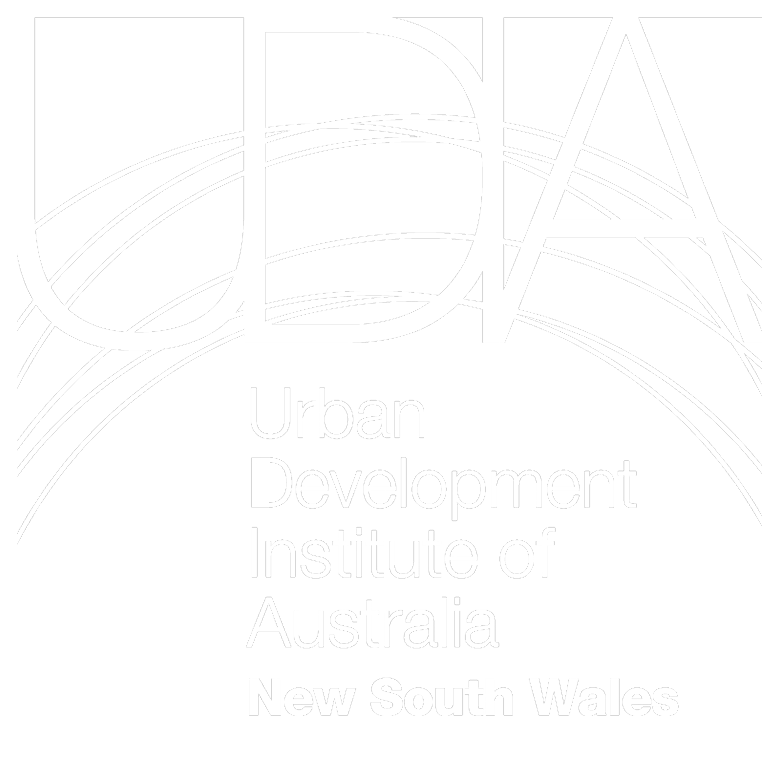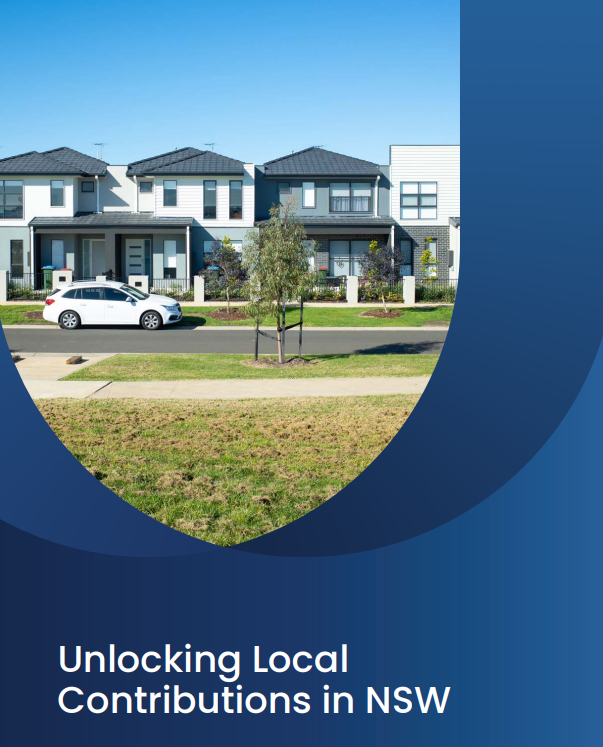The Urban Development Institute of Australia (UDIA) NSW has today launched a landmark report calling for urgent reform of the local developer contributions system in New South Wales.
The report, Unlocking Local Contributions to Unlock Housing Supply, is a joint project of UDIA NSW and Urbis, and it shines light on one of the most significant yet overlooked barriers to boosting housing supply.
“The current local contributions framework which funds infrastructure such as local roads, stormwater systems, parks, and community facilities, is broken, and is impeding the urgent need to deliver new housing,” said Stuart Ayres, Chief Executive Officer of UDIA NSW.
“Our communities are growing and will continue to grow, significantly, into the future. However, the system which is in place to fund the sort of infrastructure they rely on is stuck in the past.
“Every new home built needs critical infrastructure around it – including roads, parks and libraries. But the way we currently plan, fund and deliver this infrastructure through local developer contributions is dysfunctional and causes unnecessary delays.
The report responds to deep frustrations shared by both industry and local government – including many UDIA member councils.
”Our report provides a clear path forward – one which gives councils the tools to plan and deliver and also gives developers the certainty to invest and build,” he added.
The UDIA proposes a practical reform agenda to make local contributions more transparent, strategic, and equipped to support future growth.
Among the recommendations are:
- Planning Before Rezoning: Mandating early visibility of infrastructure costs and delivery plans to support informed decision-making.
- Enabling Infrastructure Delivery: Empowering councils with new funding tools, training and resources, and borrowing capacity.
- Delivering Homes and Social Infrastructure: Introducing more transparency with clear rules for funding mechanisms and ensuring fair repayment for surplus contributions.
Local contributions have been accumulating faster than they are being spent in almost a decade, which further highlights the current system’s failure to convert funding into real-world infrastructure.
“This isn’t just a housing issue – it’s about how we best build livable, connected communities and it’s about doing it as quickly as possible to meet growing demand,” said Mr Ayres.
To download a copy of the report click here

